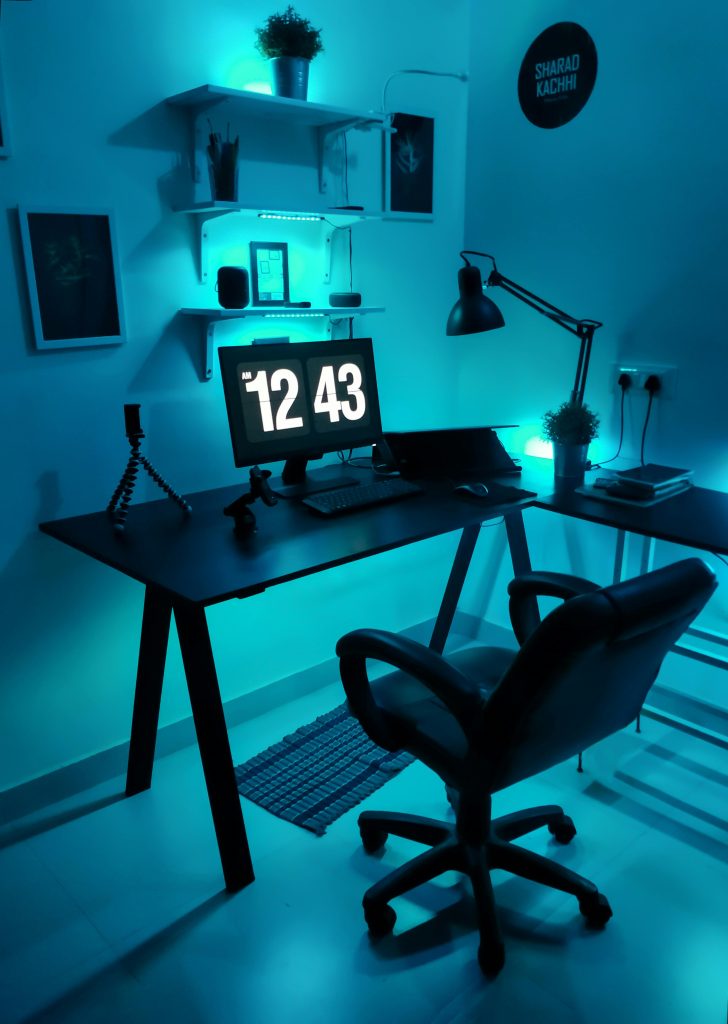Troubleshooting PC Shutdowns: A Gamer’s Dilemma
As a dedicated gamer, there are few things as frustrating as persistent computer issues that disrupt your gaming experience. Recently, I found myself grappling with an unusual problem that left me feeling defeated and out of options.
After waking up to a blue screen indicating a PC reset and recovery, I noticed that my computer only managed to run certain games before abruptly shutting down—specifically, the screen went black, and the system powered off just moments later.
Upon inspecting the Event Viewer, the only relevant error I could find was a TPM WMI error. Curious, I dove into the BIOS settings and discovered it had reverted to a 2020 version. I promptly updated the BIOS, hoping it would solve the issue, but unfortunately, I was left disappointed as the problem persisted.
Assuming a faulty power supply was at fault, I conducted an extensive stress test overnight using FurMark and a CPU stress test. To my relief, everything ran smoothly without any issues. I also checked for failing drives through CrystalDiskInfo, which showed no problems.
Determined to restore my gaming setup, I invested in a new motherboard, CPU, and RAM, performing a fresh installation of Windows and updating all necessary drivers. I cautiously installed and tried running Diablo 4, which worked flawlessly for an hour. Encouraged, I moved on to Destiny 2—again, no problems! However, when I attempted to launch Claire Obscure, my computer shut off before I could even reach the menu, and World of Warcraft managed just a few minutes before the dreaded shutdown occurred.
This cycle of troubleshooting left me scratching my head and feeling like I’d wasted over $1,000 on new components without resolving the underlying issue.
To summarize my plight: certain games triggered my PC to perform soft shutdowns, with a black screen appearing and the system powering off shortly thereafter. Despite replacing my CPU, motherboard, and RAM, while stress testing the graphics card and power supply to 100% overnight, the problem persisted.
Eventually, in a bid to put an end to my frustration, I replaced both my power supply and GPU in one go. It turned out one—or possibly both—of those components was the culprit. This solution finally resolved the shutdown issue, bringing my gaming adventures back on track.
I hope my experience offers insight for anyone facing a similar dilemma. If you’re grappling with unexpected shutdowns during gaming, consider checking your power supply or graphics
Share this content:




Hi there,
Based on your detailed description, it appears that your system’s intermittent shutdowns during specific games could be related to hardware stability or power delivery issues. Since you’ve already replaced key components like the motherboard, CPU, RAM, power supply, and GPU, here are some additional troubleshooting steps to help isolate the problem: